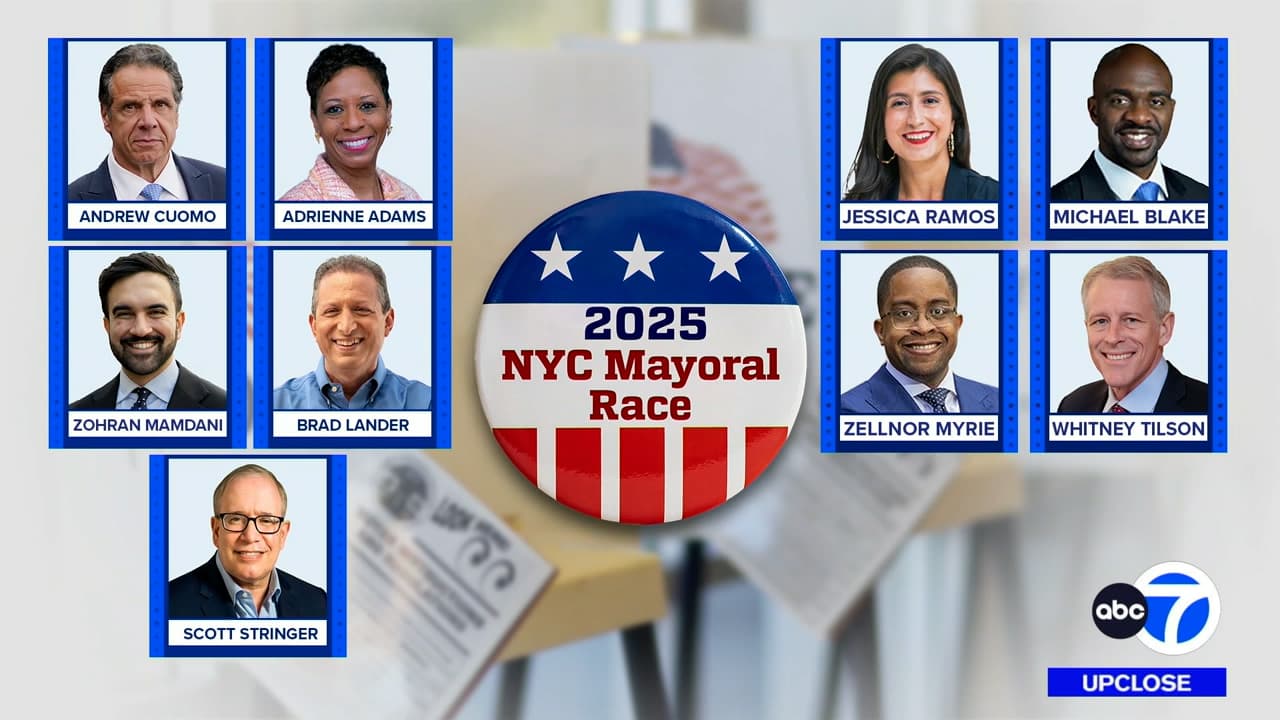Cuomo Allies Suggest Curtis Sliwa's Candidacy Strategically Benefits Zohran Mamdani in NYC Mayoral Race

The New York City mayoral race is experiencing complex strategic dynamics, with Republican candidate Curtis Sliwa's continued presence sparking debate over its potential impact on the leading progressive contender, Zohran Mamdani. This political interplay has led some observers to question unusual alliances, particularly from segments of the "far left."
A recent social media post from "Viral News NYC" highlighted this sentiment, stating, > "I do find it suspicious that the far left are backing @CurtisSliwa. Why do you think they all of a sudden are backing a Republican candidate?" This tweet reflects a growing perception of an unexpected alignment in the closely watched election.
The independent campaign of former Governor Andrew Cuomo, currently polling at 33%, has actively framed Sliwa's candidacy as a de facto advantage for Mamdani. Cuomo and his allies are urging Sliwa to withdraw to consolidate opposition against Mamdani, a democratic socialist. "You vote for Curtis, you might as well vote for Zohran Mamdani directly," Cuomo stated, aiming to discredit Sliwa's viability and rally centrist and conservative voters.
Despite pressure from within his own party and figures like Donald Trump to exit the race, Sliwa, the founder of the Guardian Angels and a perennial mayoral candidate, remains steadfast. He has dismissed calls to drop out, asserting his role in representing "blue-collar working-class people" and opposing "billionaires" who he believes seek to dictate the city's leadership. Sliwa, known for his law-and-order platform and populist appeal, is currently polling at 13% and views his continued participation as essential for voter choice.
While aides to Cuomo have suggested coordination between Mamdani and Sliwa, Mamdani has laughed off such claims, stating he advises Sliwa to "continue making his own case." However, Mamdani acknowledged a point of agreement with Sliwa, stating, "That is one place where Curtis and I agree, which is, it’s time for New Yorkers to make this decision, not for billionaire donors to determine who gets to run in this city." This shared anti-establishment sentiment, particularly against wealthy influence in politics, underscores the nuanced political landscape.
The strategic maneuvers unfold as Zohran Mamdani leads the race with 46% support, followed by Andrew Cuomo at 33%. The efforts by Cuomo's camp to consolidate the anti-Mamdani vote highlight the critical role Sliwa's 13% of the vote could play in the final outcome. With early voting set to begin next week, the dynamics of the race suggest that every vote, and every candidate's decision, will significantly shape the future leadership of New York City.